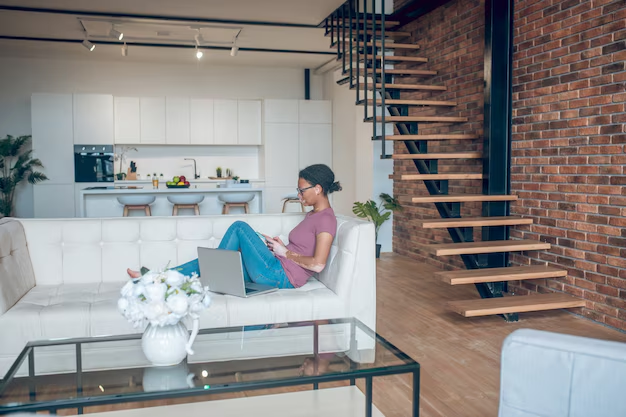What Does a 1-Bedroom Apartment Really Cost You?
Finding a new place to call home can be both exciting and daunting, especially when it comes to understanding the true cost of a 1-bedroom apartment. Let’s dive into the various factors influencing rent prices and explore several resources that can help make living more affordable.
Local Market Differences
The cost of a 1-bedroom apartment varies significantly depending on location. In major cities like New York or San Francisco, you might encounter rents as high as $3,000 or more per month. Alternatively, in smaller cities or rural areas, you can find options for less than $1,000. Researching the housing market in the specific area you're interested in is essential, as prices can even fluctuate within the same city based on neighborhood desirability.
Factors That Influence Rent
Several factors besides location affect the cost of a 1-bedroom apartment:
- Amenities: Apartments with amenities like swimming pools, fitness centers, or concierge services typically charge more.
- Age and Condition: Newly constructed or recently renovated apartments tend to have higher rents.
- Transportation: Proximity to public transportation or major roads can increase an apartment’s value.
- Supply and Demand: The availability of rental properties in an area can drive prices up or down.
Budgeting for Your Apartment
Understanding the cost of rent is just the beginning. You should also plan for additional expenses, including:
- Utilities: Water, electricity, gas, and trash removal may not be included in the rent.
- Security Deposits: Usually equivalent to one month's rent, though this can vary.
- Renter's Insurance: Protects your belongings and often required by landlords.
- Parking Fees: If you’re bringing a car, you may need to pay for parking.
Financial Assistance and Rent Relief
For those finding it difficult to make ends meet, there are several financial assistance programs available:
Government Aid Programs
- Section 8 Housing Choice Voucher Program: Offers rental assistance to low-income households. Check eligibility requirements with your local housing authority.
- State and Local Housing Agencies: Many states offer additional programs tailored to their residents.
Financial Assistance and Debt Relief
- Non-Profit Organizations: Various charities and non-profits provide emergency rental help.
- Debt Relief Options: If rent is putting you into debt, consider talking to a financial advisor about debt relief programs.
Credit Solutions
- Credit Counseling: Work with counselors to develop a plan to manage your debt and improve your credit score.
- Low-Interest Credit Cards: If you're in a pinch, find a credit card with low interest to help manage expenses, but make sure this strategy aligns with your long-term financial goals.
Educational Opportunities
- Community College Grants: If you're a student or planning to become one, research grants or scholarships that might alleviate your tuition burden, freeing up funds for housing.
- Online Course Discounts: Certain platforms offer low-cost or free courses, enabling you to upskill while saving money.
Exploring Your Options
When you're ready to embark on your apartment-hunting journey, consider these resources to ensure you're making an informed financial decision. By understanding the factors that influence the price of a 1-bedroom apartment and exploring financial assistance options, you can more confidently navigate the rental landscape.
Quick Reference Guide to Assistance Options 🏠💡
- Section 8 Vouchers: 🏢 Affordable housing for eligible households
- Local Housing Agencies: 🏘️ Tailored support and rental programs
- Non-Profit Assistance: 🤝 Emergency rental help from charities
- Debt Relief Programs: 🏦 Manage debt with professional advice
- Credit Counseling: 📈 Improve financial health with expert guidance
- Student Grants & Scholarships: 🎓 Reduce tuition to save on rent
- Low-Interest Credit Cards: 💳 Strategic short-term financial solution
By leveraging these resources, you can make your rental journey more affordable and financially sustainable.

